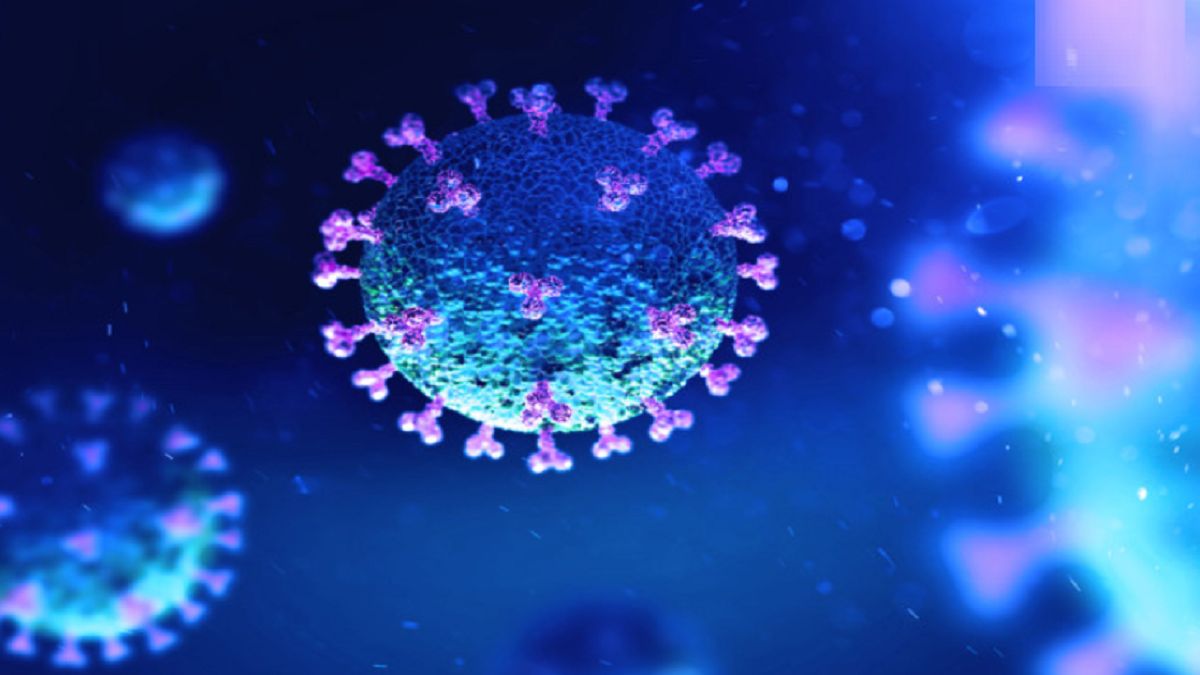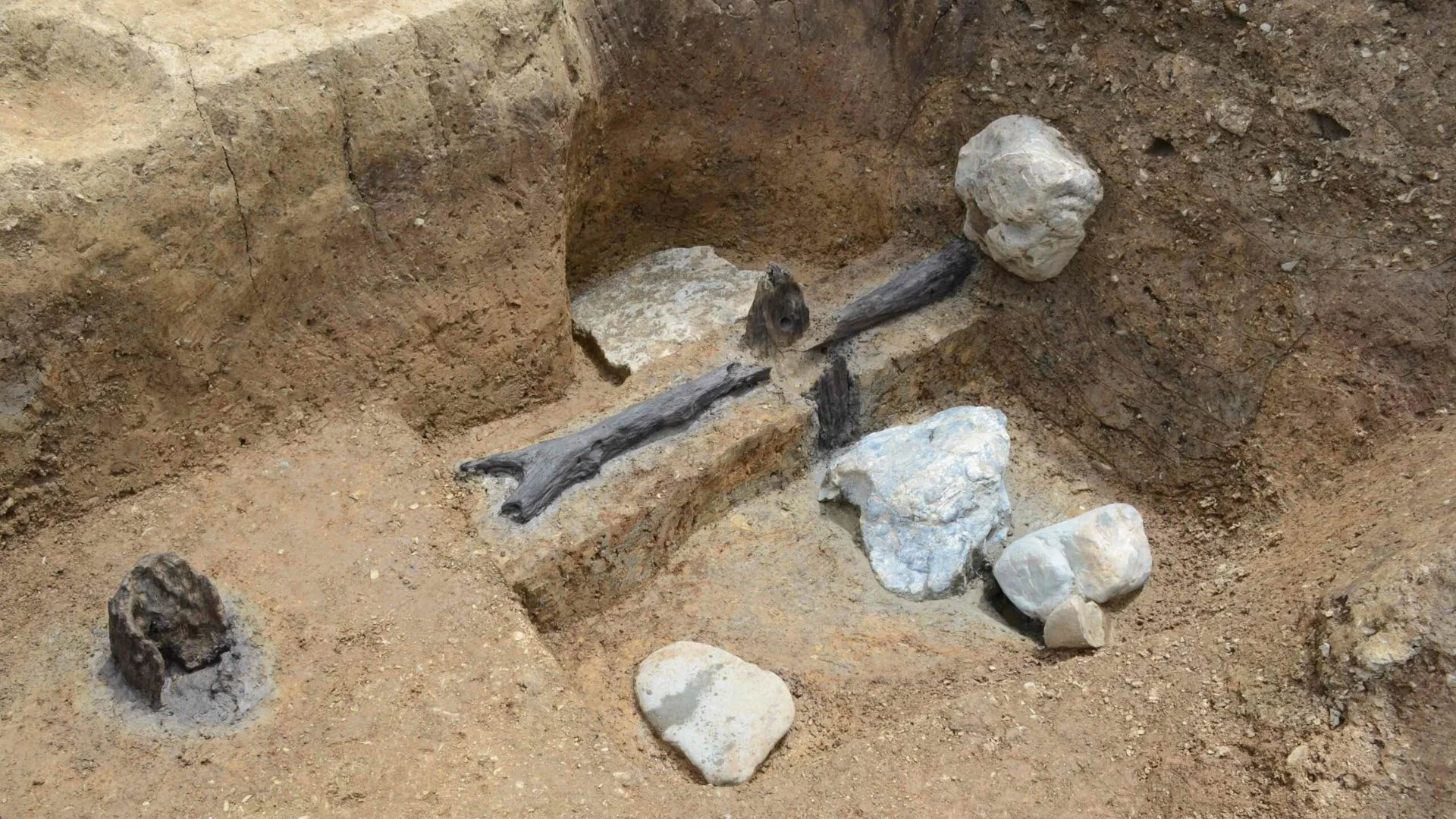The catastrophic scale of the Covid-19 pandemic could have been prevented, an independent global panel concluded on Wednesday, but a “toxic cocktail” of dithering and poor coordination meant the warning signs went unheeded, reports AFP.
The Independent Panel for Pandemic Preparedness and Response (IPPPR) said a series of bad decisions meant Covid-19 went on to kill at least 3.3 million people so far and devastate the global economy.
Institutions “failed to protect people” and science-denying leaders eroded public trust in health interventions, the IPPPR said in its long-awaited final report, reports AFP.
Early responses to the outbreak detected in Wuhan, China in December 2019 “lacked urgency”, with February 2020 a costly “lost month” as countries failed to heed the alarm, said the panel.
To tackle the current pandemic, it called on the richest countries to donate a billion vaccine doses to the poorest.
And the panel also called on the world’s wealthiest nations to fund new organisations dedicated to preparing for the next pandemic.
The report was requested by World Health Organization (WHO) member states last May.
The panel was jointly chaired by former New Zealand Prime Minister Helen Clark and former Liberian president Ellen Johnson Sirleaf, a 2011 Nobel Peace Prize laureate. The report, “Covid-19: Make it the Last Pandemic”, argued that the global alarm system needed overhauling to prevent a similar catastrophe.
“The situation we find ourselves in today could have been prevented,” Sirleaf told reporters.
“It is due to a myriad of failures, gaps and delays in preparedness and response.”
The report said the emergence of Covid-19 was characterised by a mixture of “some early and rapid action, but also by delay, hesitation, and denial”.
“Poor strategic choices, unwillingness to tackle inequalities and an uncoordinated system created a toxic cocktail which allowed the pandemic to turn into a catastrophic human crisis.”
The threat of a pandemic had been overlooked and countries were woefully unprepared to deal with one, the report found.
The panel did not spare the WHO, saying it could have declared the situation a Public Health Emergency of International Concern (PHEIC)—its highest level of alarm—on 22 January 2020, reports AFP.
Instead, it waited eight more days before doing so. Nevertheless, given countries’ relative inaction, “we might still have ended up in the same place”, said Clark.
It was only in March after the WHO described it as a pandemic—a term that is not officially part of its alert system—that countries were jolted into action.
As for the initial outbreak, “there were clearly delays in China–but there were delays everywhere”, she added.
Without the lag between the first identification in Wuhan and the PHEIC declaration—and then the “lost month” of February 2020—“we believe we wouldn’t be looking at an accelerating pandemic, as we have for the last 15 or 16 months or so. As simple as that”, said Clark.
WITH AGENCY INPUTS























